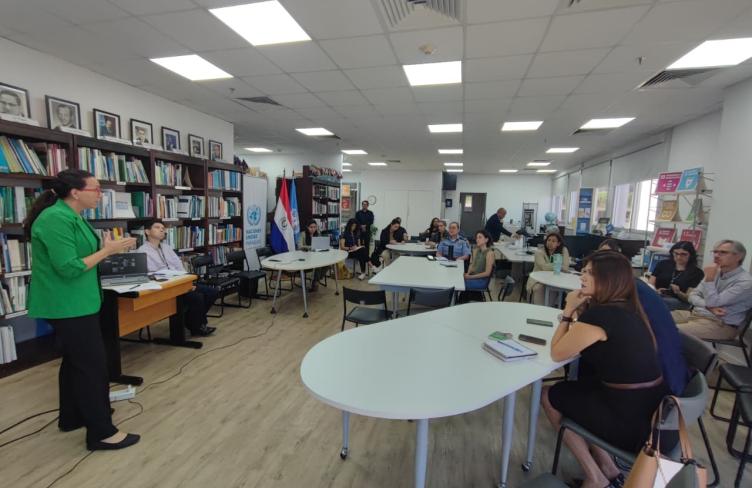
As the Turkish police continue to make global headlines for all the wrong reasons, Turkey comes under enhanced international scrutiny. Regrettably, Turkey’s domestic torture prevention body remains a figment of the imagination.
For more than three weeks international attention has been riveted on a small area of central Istanbul, where protests originally erupted surrounding controversial government plans to redevelop one of the city’s parks. Protests later spread to the Turkish capital, Ankara. The accompanying widespread domestic and international news coverage has documented both peaceful, legitimate protest as well as clashes between the protestors and Turkish police. In the process the image of the latter has certainly not fared well.
Domestic and international human rights monitors have lambasted the Turkish police for the excessive use of force in responding to the protests as well as for acts of physical abuse of persons detained by police. To date, at least four persons have also reportedly died in the disturbances.
The Council of Europe has been one body to react reasonably quickly to events.
Earlier this week the organisation’s main torture prevention body, the European Committee for the Prevention of Torture (CPT), issued a press release, stating that, in reaction to the above incidents, it visited the country from 9 – 21 June. While the findings of the CPT’s visit remain confidential, clearly the visit has been prompted by concerns about the treatment of detainees and their ability to exercise their basic rights while in detention. Similarly, the Secretary General of the Council of Europe, Thorbjørn Jagland, while visiting Ankara on 25 June, also expressed concern about excessive use of force by police, particularly of tear gas.
Another Council of Europe representative, the Commissioner for Human Rights is due to set foot in the country in early July.
Amidst this flurry of activity at the European level, the question arises why Turkey still has no domestic torture prevention body? While the country ratified the OPCAT in September 2011, it failed to institute its National Preventive Mechanism by the October 2012 deadline. Even today, eight months later, progress to do so remains non-existent.
Had the country succeeded in putting in place an independent, well-resourced national torture prevention body on time, police in Istanbul and Ankara may have thought twice about their dealings with the protestors as well as the treatment of persons in their charge.
Photo: © Nevit Dilmen


